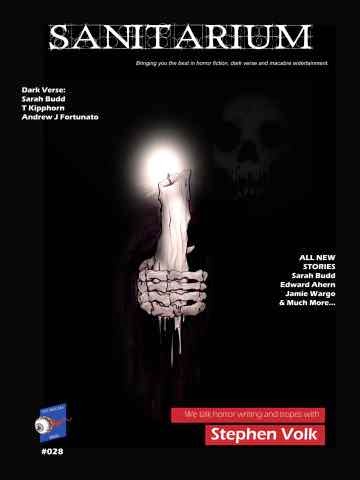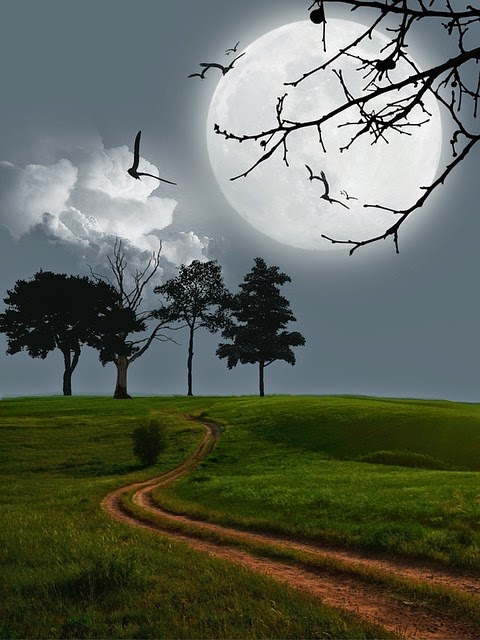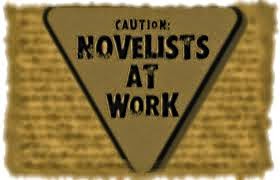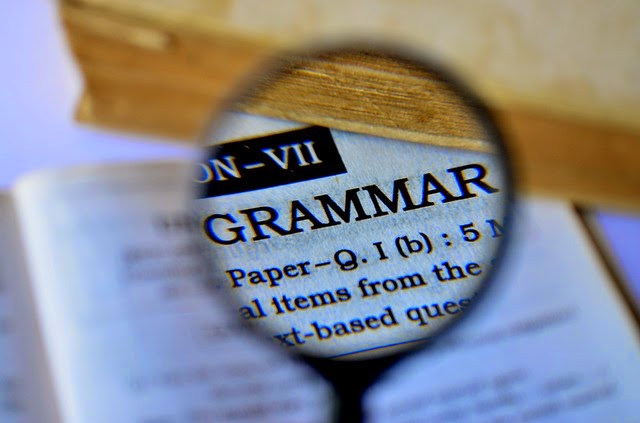What Are Your New Year Resolutions for Writing?

The brand new year of 2015 will soon be upon us, hopefully full of good fortune and health. It's also good time to set yourself some writing targets for the year ahead, this will help you stay motivated and give you something to strive for. Of course we all wish to be a bestselling author, but no one is born that way. We all have to start off at the beginning which means starting off with realistic goals that should be achievable with hard work and dedication. Remember you should start with small goals and then if you achieve them early on, you can always set yourself some more. To help you on your way, make sure your resolutions are SMART S PECIFIC - Be clear on what your goals are M EASUREABLE - Ensure that you can quantitatively measure your progress A TTAINABLE - Start small with goals you're confident you can achieve R EALISTIC - Pick goals that are within your reach T IME-RELATED - Give yourself a reasonable time limit. If you fancy it you could also s...


.jpg)
.jpg)







.jpg)